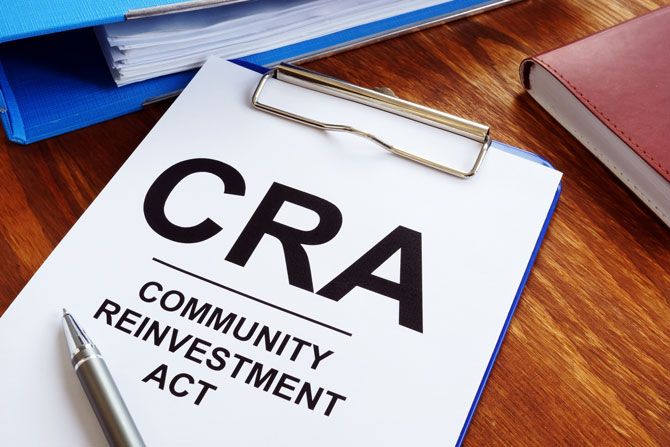As financial institutions face increasing pressure to demonstrate their commitment to economic stability in underserved areas and populations, the responsibility of the board of directors under the Community Reinvestment Act has never been more critical in shaping strategies that serve both community and business interests.
You may be thinking, “How can the board become more involved with CRA?” Here are some ideas to assist the board’s involvement in CRA activities in their community.
CRA Activities
Assign the CEO with CRA activities that have a positive impact on the communities within the institution’s assessment area. If you have multiple branches, you can designate branch managers or management with CRA activities that have a positive community impact on the communities where the branches are located. This means that the CEO and managers participate in these community activities. Ideas include presenting seminars for low-to-moderate-income individuals on financial literacy or talking to local businesses to determine their needs.
Prioritization
Prioritize the communities within the institution’s assessment area. Institutions should be engaged in their community, discovering opportunities to assist those in low-to-moderate-income census tracts. These opportunities could include:
- Volunteering at a charitable organization to offer financial seminars.
- Developing Special Purpose credit programs for individuals living in low-to-moderate-income areas.
- Partnering with local community organizations or municipalities that offer first-time homebuyer credits or home improvement incentive programs.
Set Goals
The board should set a goal for the CRA rating and ensure management understands not only this goal but the tasks required to achieve the goal.
Develop a CRA Budget
The board should determine what they want to spend on CRA activities and services each year and communicate this budget to management.
Training
Ensure that the board and staff receive CRA training and that the training program conveys the importance of CRA. Remember to keep it simple.
Active Listening
Listen to the needs of the community and share these needs with the board. If there are products and services that management has determined are needed or members of the community have requested, the board should be approached about these ideas.
Transparency
Be transparent and proactive with the board. If there is a problem, signal the alarm. Report to the board at least on a quarterly basis. Monthly reporting may be recommended depending on the institution’s risk and size.
There are three things that the Board typically wants to know:
- How are we doing with CRA?
- Are there any critical issues?
- If we are not doing well or critical issues are identified, how is management going to overcome CRA deficiencies?
Always address these items within your report to the board, along with any reports that you may have run showing the penetration into the low-to-moderate-income census tracts. Document the activities that have been completed since the last report and the effectiveness of these activities.
We have an opportunity and responsibility to align our strategies with the principles of the CRA. By proactively engaging with underserved communities, we can turn regulatory requirements into meaningful opportunities for growth and social impact.
The board room is where bold decisions are made, and now is the time to ask ourselves: Are we doing enough to meet not only the letter but also the spirit of the CRA? Let’s ensure our legacy is one of innovation and measurable positive changes for the communities that we serve.

Angela Rankin, Senior Compliance Consultant, TCA Compliance
Angela joined TCA in May 2013 with banking experience in commercial loans, merchant account management, credit analysis and deposit operations. She earned a bachelor’s degree from Northern Illinois University-DeKalb, a master’s degree from the University of Phoenix and the American Bankers Association’s certified regulatory compliance manager (CRCM) certification.
Email Angela at info@TCAregs.com
TCA Compliance is an associate member of the Indiana Bankers Association.









